Look up for hazards during harvest
After working in a field on a neighbor’s farm, Jim Flach parked his equipment and stepped out of the vehicle. Sadly, Jim did not realize his equipment was touching an overhead power line, and he became a path for the electrical current as he placed his foot onto the ground. Jim received a severe electric shock that ultimately resulted in his death a few months later. Safe Electricity urges farmers to take the proper precautions when working around power lines.
“The rush to harvest can lead to farmers working long days with little sleep,” cautions Kyla Kruse, communications director of the Energy Education Council and its Safe Electricity program. “It is important to take time for safety. Before starting work, make sure to note the location of overhead power lines.”
To stay safe around overhead power lines, Safe Electricity urges farm operators and workers to:
- Use a spotter when operating large machinery near power lines.
- Use care when raising augers or the bed of grain trucks around power lines.
- Keep equipment at least 10 feet from power lines — at all times, in all directions.
- Inspect the height of farm equipment to determine clearance.
- Always remember to lower extensions when moving loads.
- Never attempt to move a power line out of the way or raise it for clearance.
- If a power line is sagging or low, call your local electric cooperative.
If contact is made with a power line, stay on the equipment. Make sure to warn others to stay away, and call 911. Do not leave until the utility crew says it is safe to do so. The only reason to exit is if the equipment is on fire. If this is the case, jump off the equipment with your feet together, without touching the ground and vehicle at the same time. Then, still keeping your feet together, hop to safety as you leave the area.
Some additional safety tips from Safe Electricity include:
- Do not use metal poles when breaking up bridged grain inside and around grain bins.
- Always hire qualified electricians for any electrical issues.
- Do not use equipment with frayed cables.
“You need to double check, even triple check, to see what is above you,” says Marilyn Flach, Jim’s widow. His son Brett adds, “Be conscious of your surroundings. You need to keep your eyes open and beware of overhead lines.”
For more electrical safety information, visit SafeElectricity.org.
Safe Electricity is the safety outreach program of the Energy Education Council, a non-profit organization with more than 400 electric cooperative members and many others who share the mission of educating the public about electrical safety and energy efficiency.

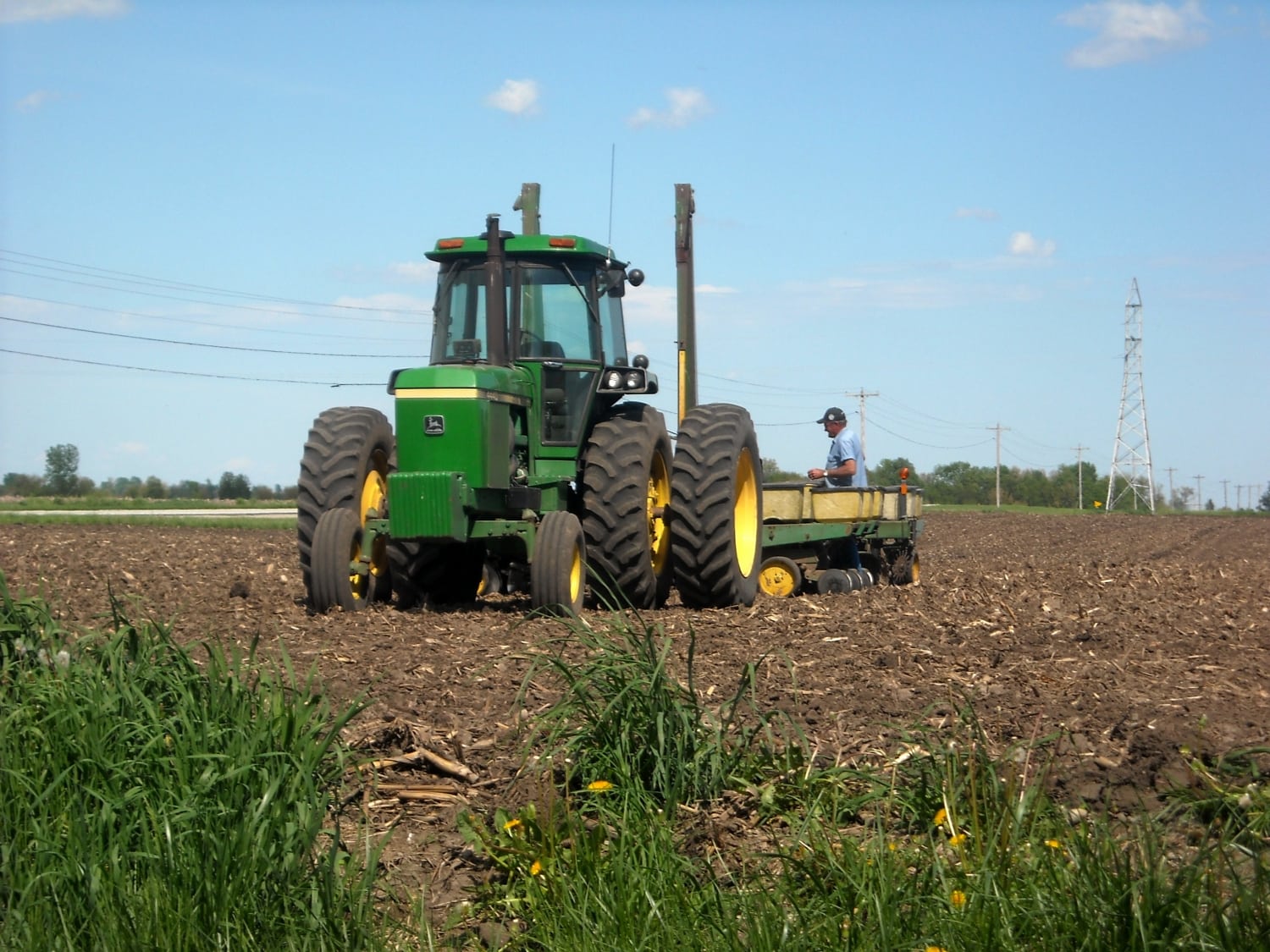

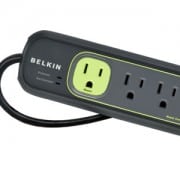
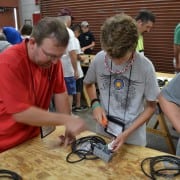
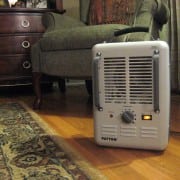

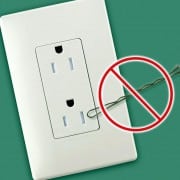



Leave a Reply
Want to join the discussion?Feel free to contribute!